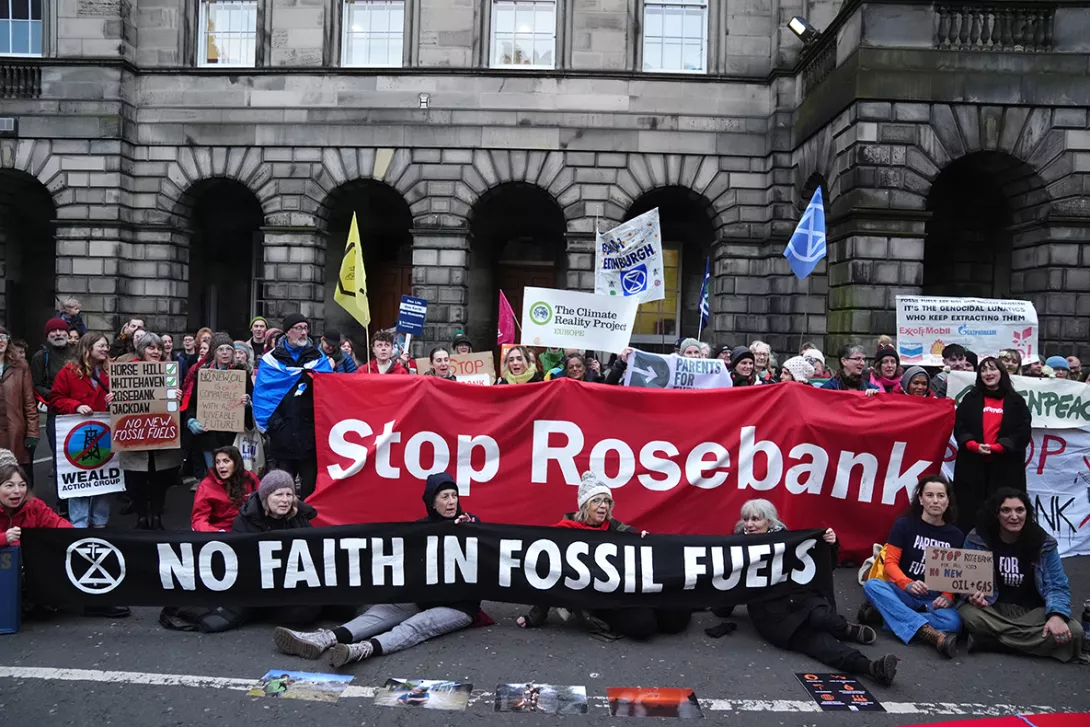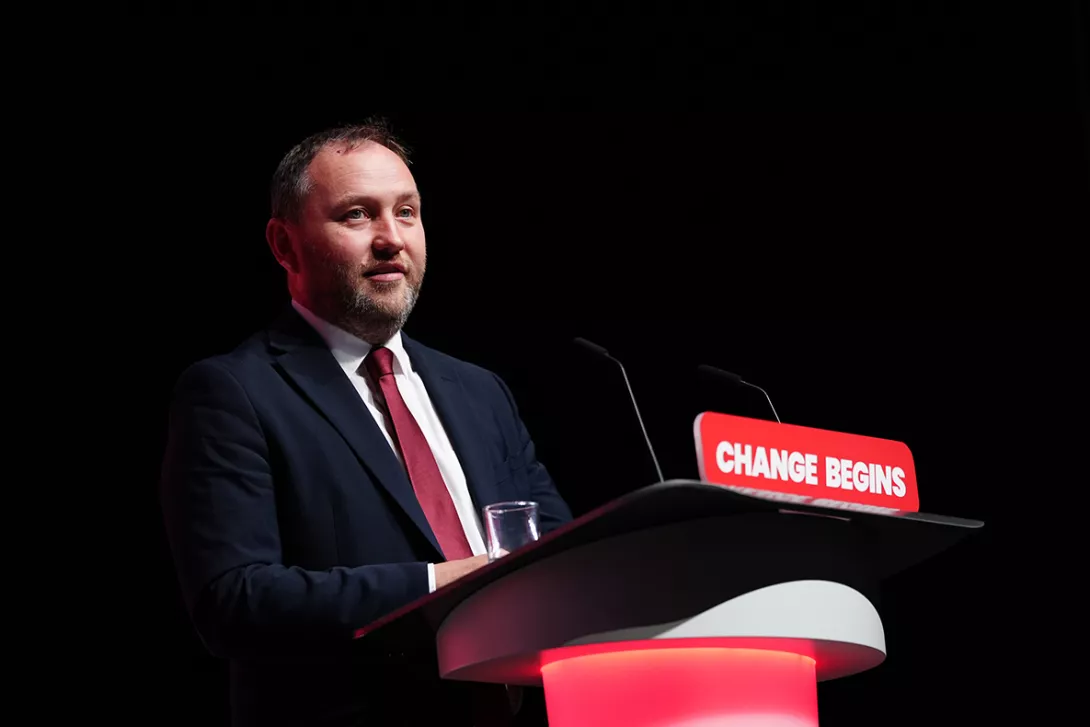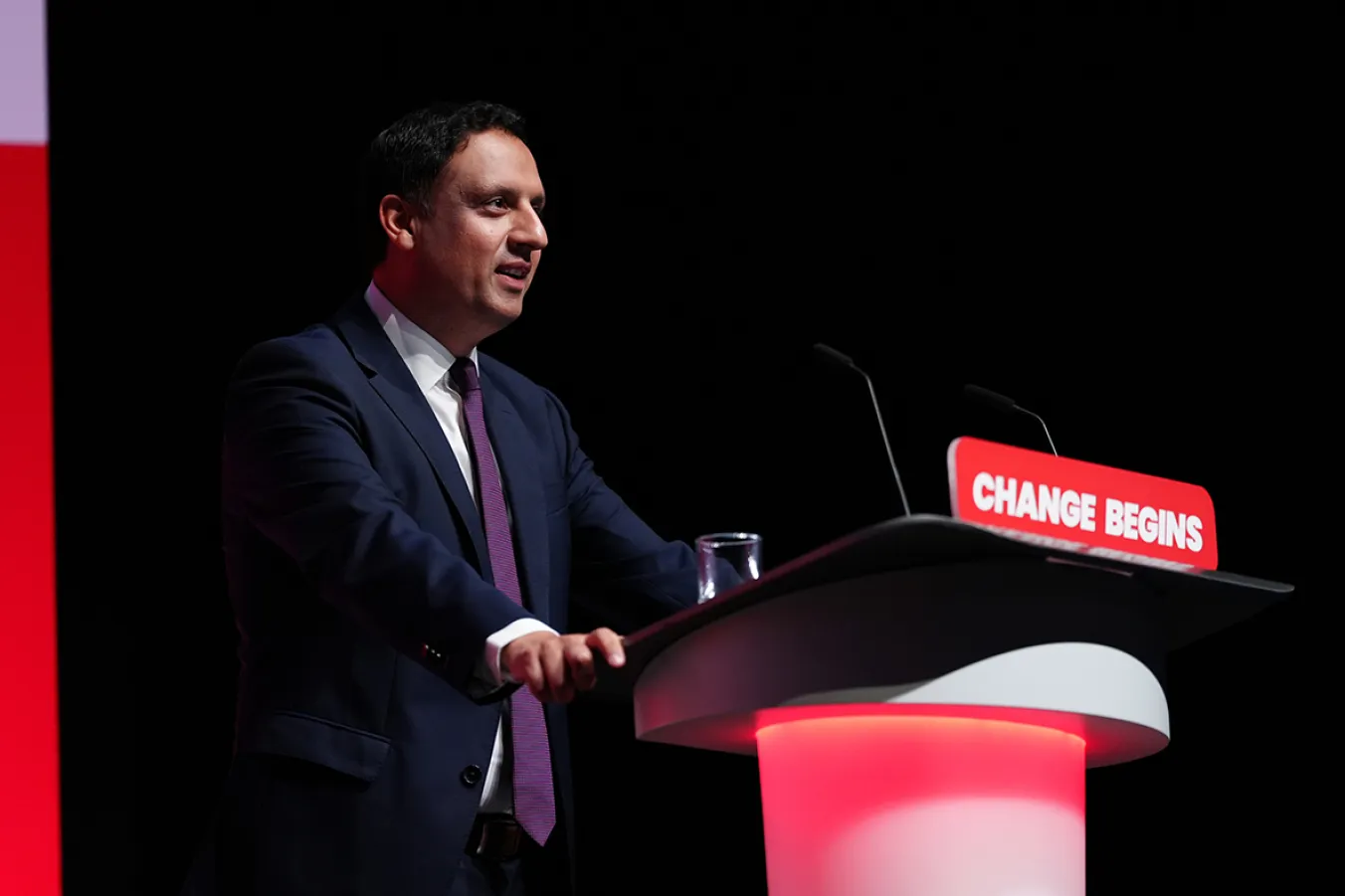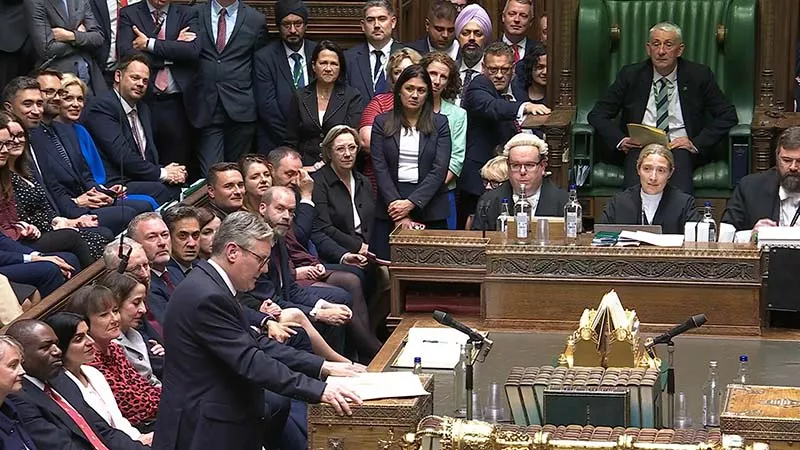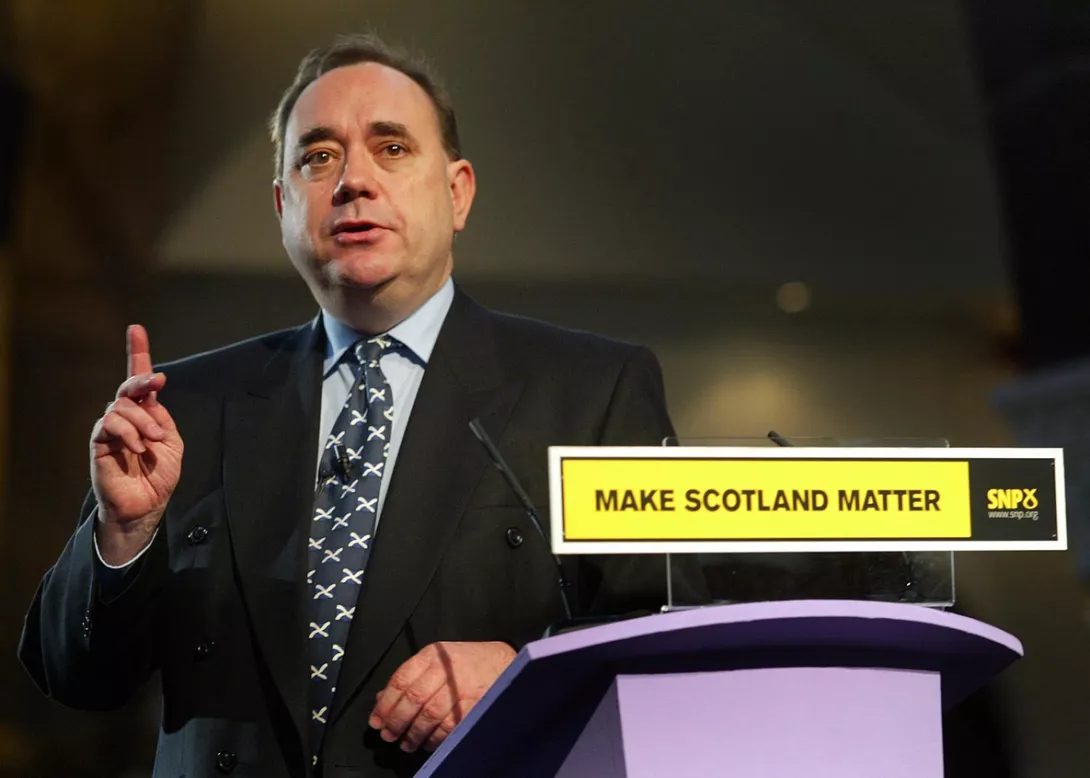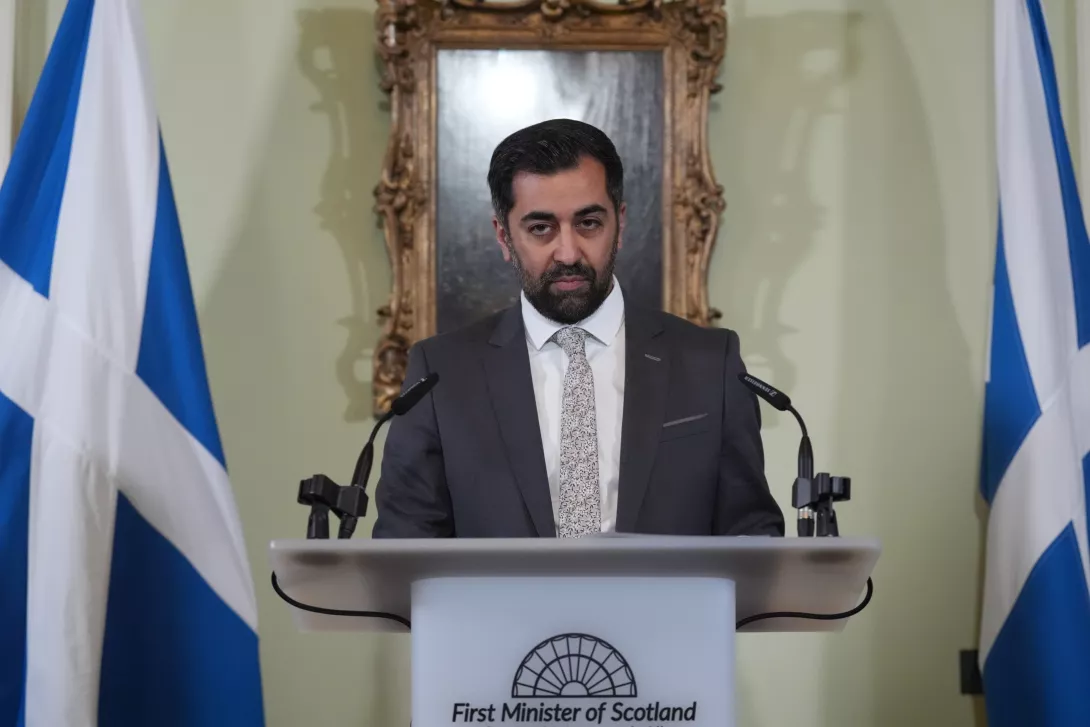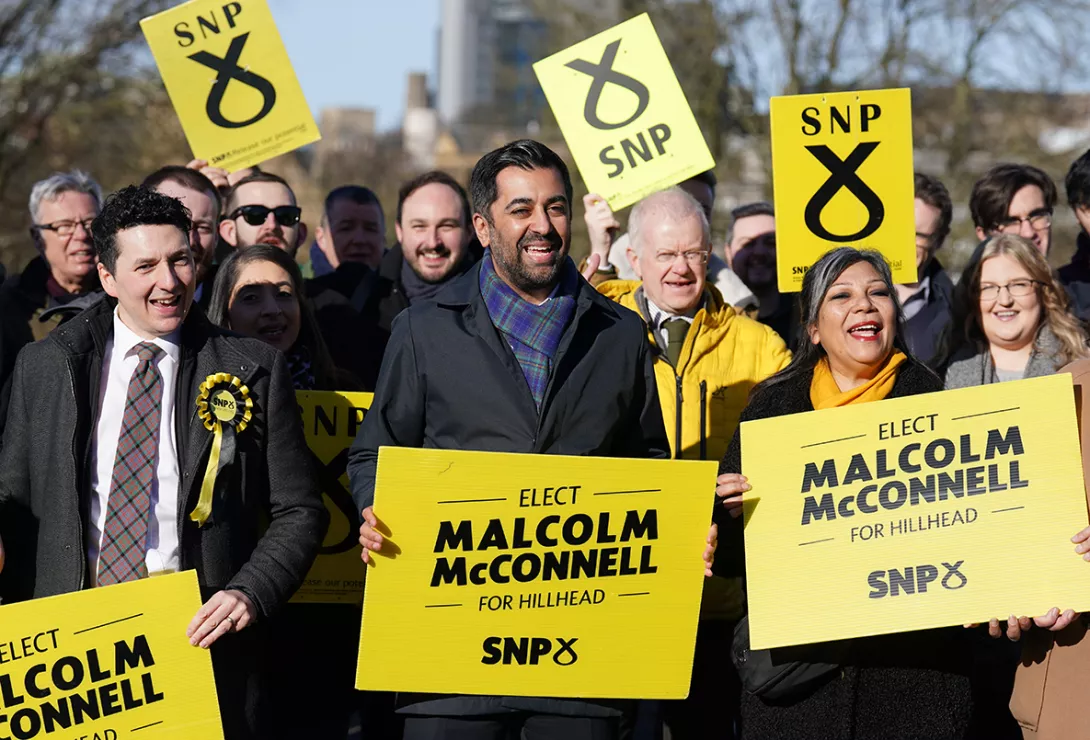
THE suspension of Fergus Ewing MSP for a week from the SNP group in the Scottish Parliament may not feel like a shift of the tectonic plates of Scottish nationalism, but, as anyone who has seen a decent disaster movie knows, it is the small events that presage the final catastrophe.
The notion of an SNP catastrophe may seem all the more ridiculous given the resilience in support for independence in Scotland, which bobs along at around 50 per cent — never enough above that margin to threaten the union and never enough below that number to say that it can be declared as dead.
Ewing is of course part of the Scottish Ewing dynasty. Back in 1979, Alex Salmond, as part of the “79 group,” argued that the SNP should adopt policies that would appeal to working-class voters.
